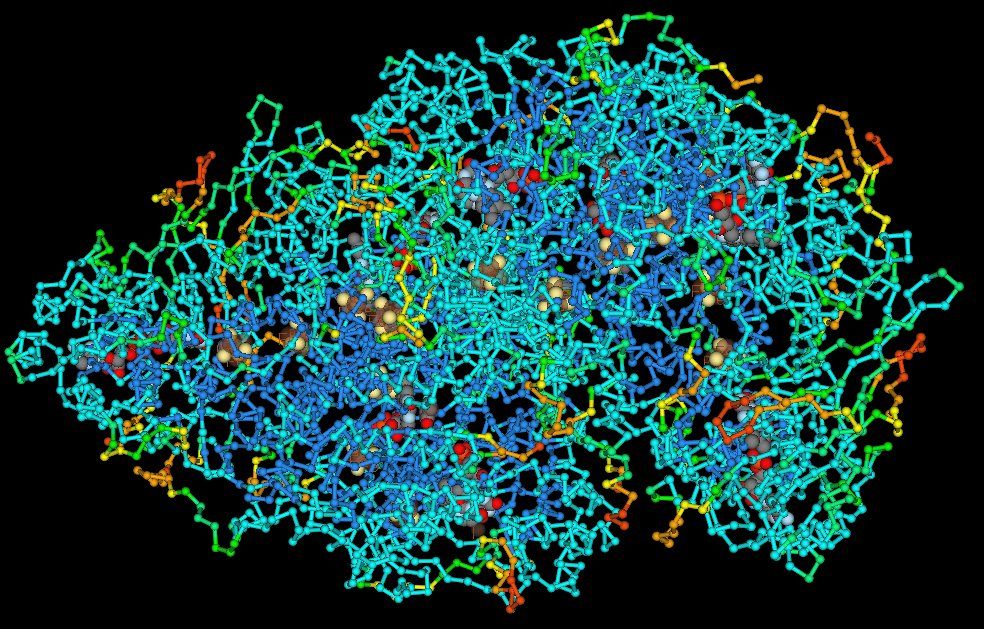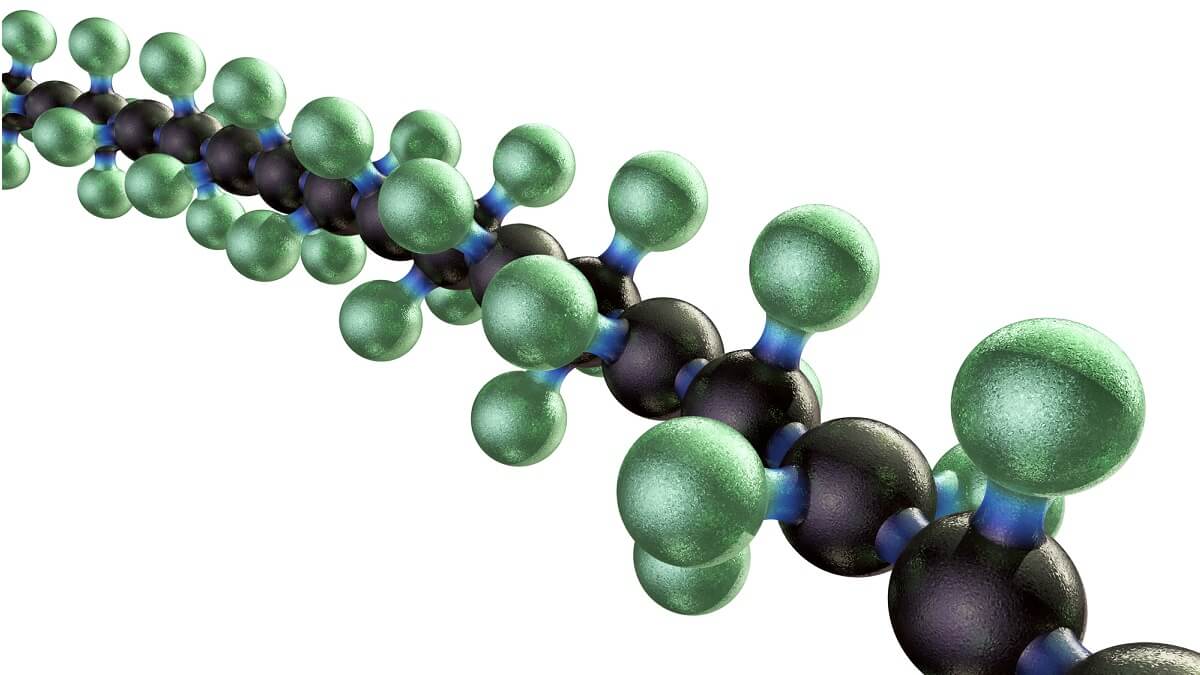Reusing Polymers: Advertising a Circular Economy
Reusing Polymers: Advertising a Circular Economy
Blog Article
Checking Out the Varied Applications and Advantages of Polymers in Different Industries
Polymers, with their diverse variety of buildings and functionalities, have actually become vital in numerous markets, each reaping unique benefits from their application. From improving security and performance in the auto sector to revolutionizing clinical gadgets in the health care industry, polymers play a crucial role.
Automotive Industry Applications
Polymers play a critical role in boosting the efficiency and toughness of numerous parts within the automobile sector. These flexible materials are extensively utilized in the production of different components, varying from interior parts to under-the-hood applications. One noticeable use of polymers in the automotive sector remains in the production of lightweight components. By changing typical steel get rid of polymer-based options, vehicles can accomplish improved fuel performance without endangering on stamina or safety.

Medical Care Sector Advantages
In various healthcare applications, the benefits of utilizing polymers are extensively recognized for their diverse variety of valuable residential or commercial properties. Polymers play a critical role in the health care industry as a result of their convenience, biocompatibility, and cost-effectiveness. Among the primary advantages of polymers in health care is their capability to be tailored to particular demands, such as adaptability, resilience, and biodegradability, making them suitable for a vast array of medical applications.
Polymer-based products are extensively used in clinical gadgets, such as catheters, implants, prosthetics, and drug delivery systems, because of their biocompatibility and ability to imitate natural tissues. These products can lower the threat of sensitive reactions or beings rejected, enhancing person safety and end results. In addition, polymers are lightweight, making them ideal for wearable medical devices and ensuring patient convenience.
In addition, polymers allow the development of innovative treatment techniques, such as hydrogels for tissue engineering and nanocomposites for targeted drug distribution. Their ease of processing and sterilization makes them important for preserving high standards of health in health care settings. Generally, the diverse benefits of polymers contribute significantly to advancements in clinical innovation and individual care.
Environmental Benefits of Polymers

Additionally, polymers can contribute to energy financial savings as a result of their light-weight nature. In industries such as transport, light-weight polymer materials can help in reducing gas consumption and greenhouse gas discharges. In addition, polymers can make it possible for the advancement of energy-efficient items such as insulation materials that improve energy conservation in buildings.
Additionally, polymers play a critical role in minimizing water air pollution. The use of polymer-based filtration systems helpful resources can effectively remove toxins and contaminants from wastewater, securing water resources and ecosystems. On the whole, the environmental benefits of polymers make them valuable properties in promoting sustainability and green practices across different sectors.
Polymers in Electronics and Technology
Considering the enhancing demand for innovative and sustainable options in modern-day industries, the combination of sophisticated polymer innovations in the world of electronic devices and modern technology has actually become a crucial method for driving effectiveness and performance. Polymers have transformed the electronics market by enabling the manufacturing of lighter, much more flexible, and long lasting electronic devices. From smart devices to clinical gadgets, polymers play a crucial duty in enhancing product layout and functionality.
One substantial benefit of polymers in electronics is their protecting properties, which aid safeguard delicate electronic parts from ecological variables and electric disturbance. Furthermore, polymers are vital in the development of flexible screens, wearable modern technology, and printed electronic devices, providing limitless possibilities for developing wise and interconnected tools.
In addition, using polymers in electronic packaging has actually caused innovations in miniaturization and thermal management, boosting the general performance and dependability of electronic systems. As innovation remains to advance, the flexibility and flexibility of polymers will undoubtedly drive additionally innovation in the electronics industry, shaping the future of technology.
Function of Polymers in Construction and Facilities
Polymers provide many benefits in the building and construction market due to their adaptability, longevity, and cost-effectiveness. One crucial duty pop over here of polymers in building and construction is their usage in coatings and this hyperlink sealers, offering security against ecological elements such as dampness, UV radiation, and deterioration.
Additionally, polymers play a vital role in sustainable construction techniques by allowing the growth of energy-efficient frameworks. Insulating products made from polymers help regulate interior temperature levels, lowering the requirement for heating and cooling systems and inevitably lowering power consumption - Polymers.
Final Thought
In verdict, polymers play a critical role in different markets such as vehicle, health care, environmental, electronics, and building and construction. From improving gas efficiency in cars to improving medical tools, polymers use countless benefits.
Report this page